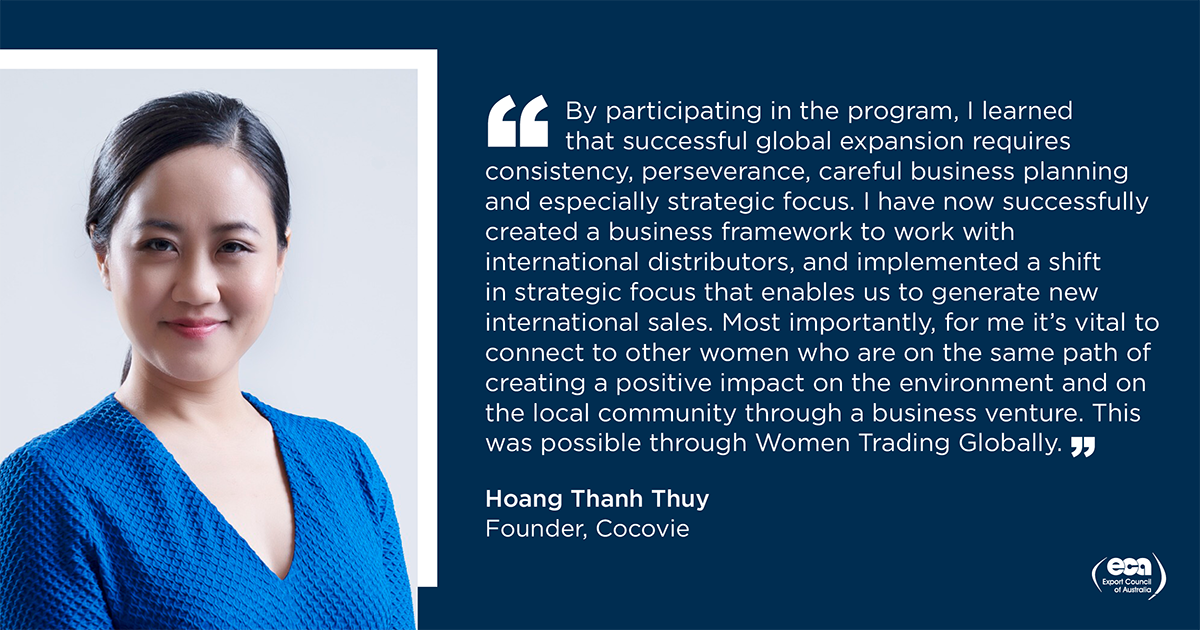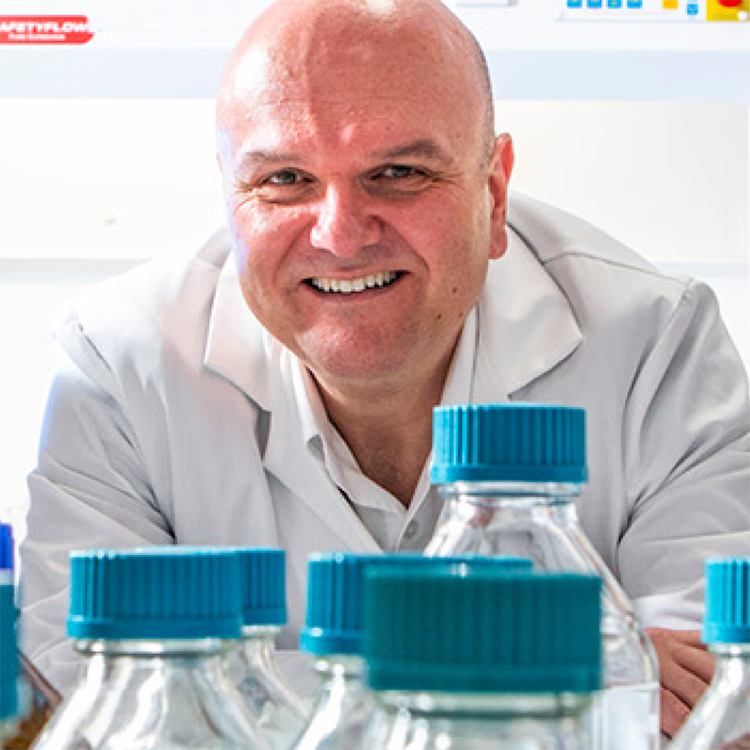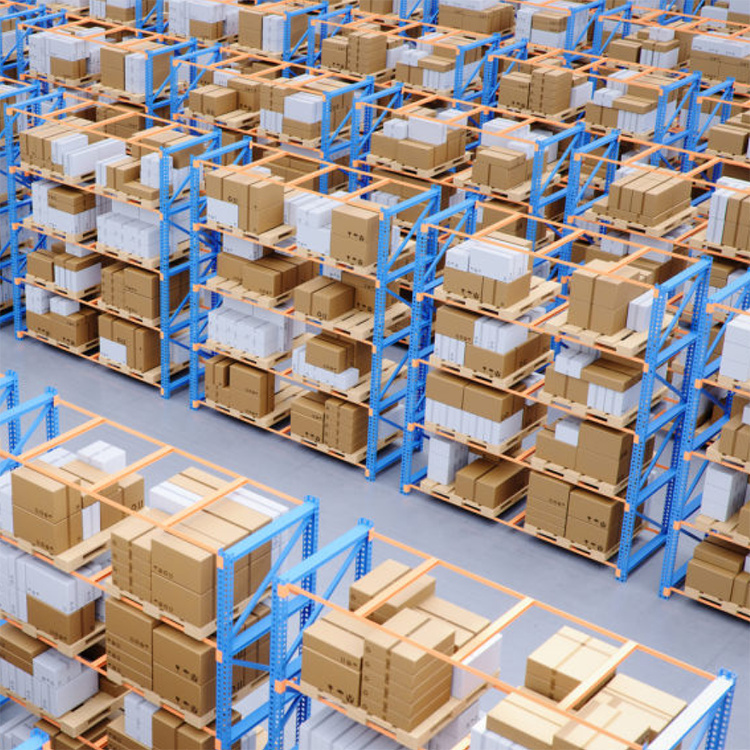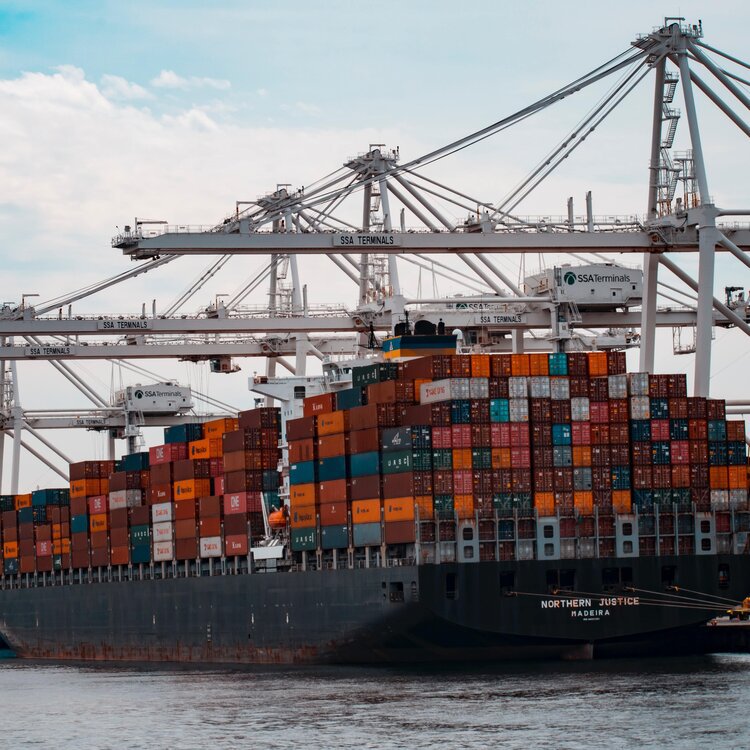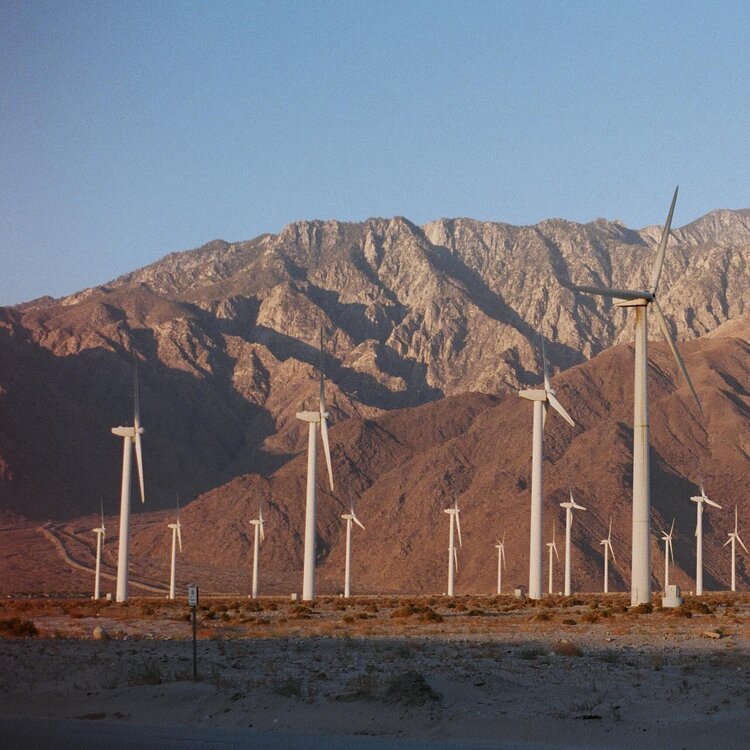2019 Women Trading Globally participant adopting zero waste approach to premium coconut oil products from Vietnam
In 2019, the ECA welcomed Thuy Hoang, founder of Cocovie, Vietnam to the Australia Awards Women Trading Globally Program supported by the Department of Foreign Affairs and Trade. Thuy spent two weeks in Brisbane and Sydney with 14 fellow female entrepreneurs from Cambodia, Indonesia, Myanmar, the Philippines, Timor Leste, Vietnam and Mongolia.

Vietnam
These clients did launch some focus groups, investigate pricing structure for retail launch. Unfortunately we decide that at this moment the time is not ripe yet for a launch there. We keep in touch and it’s great that I can always turn to them for advice or contact anytime I need.
- Successfully creating a business framework to work with international distributors
- Shift in strategic focus regarding international business that enables us to generate new sales for international sales
